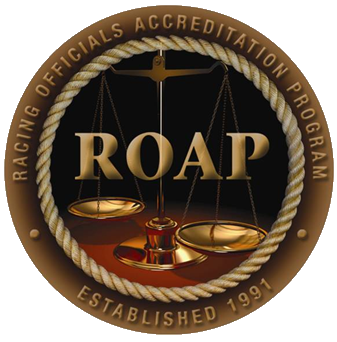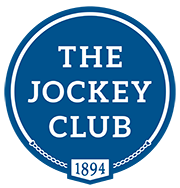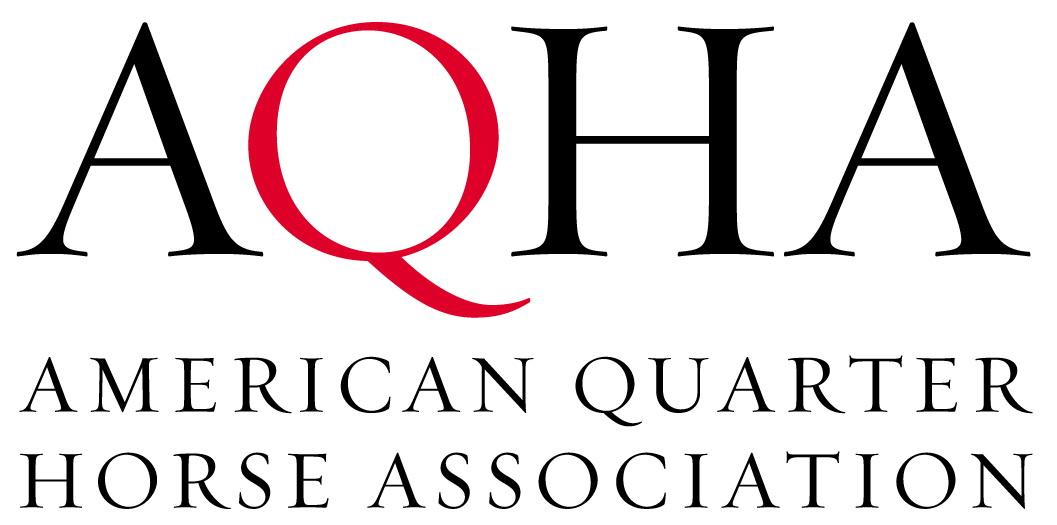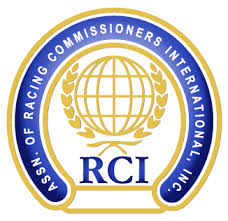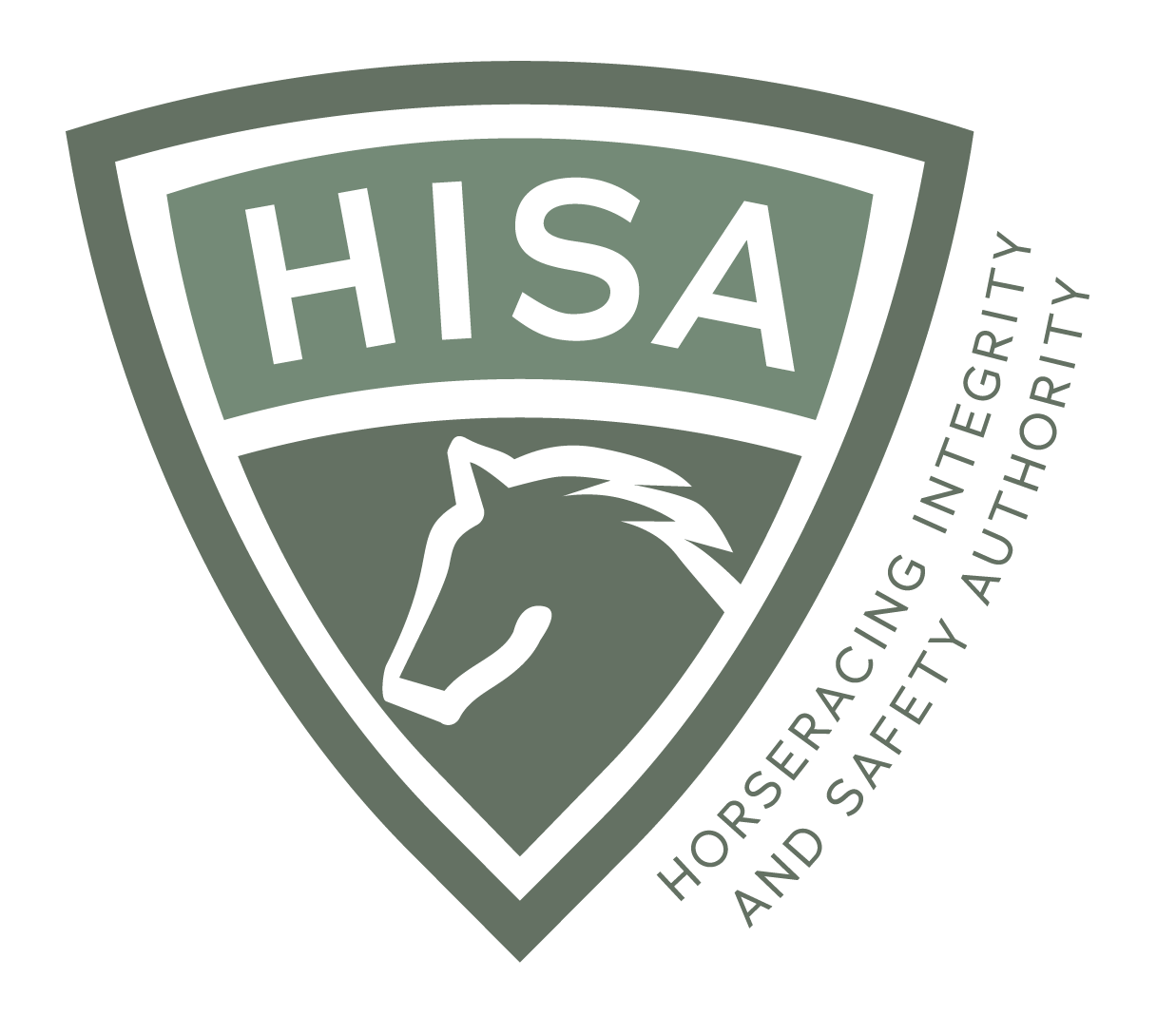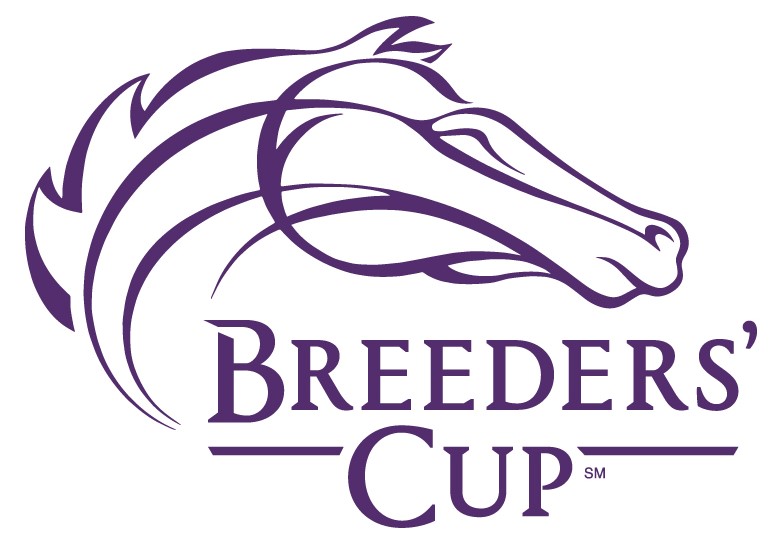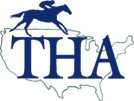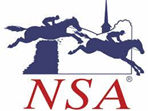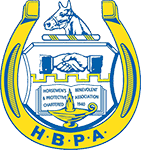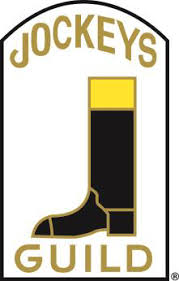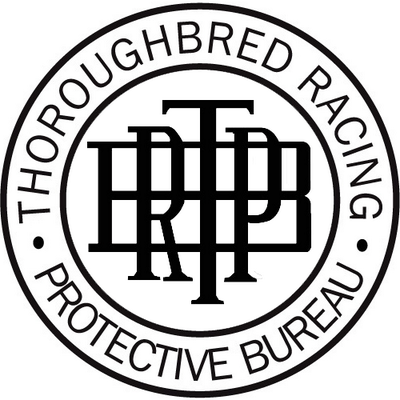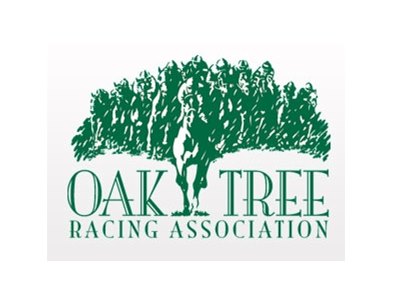International Harmonisation of Raceday Rules Committee Met in D.C.
Media Release
May 26, 2017
Contact: Cathy O’Meara (859) 224-2702
Rules pertaining to protests and objections, the use of the riding crop, race riding, and the testing of racing personnel for drugs and alcohol were discussed at length when the International Harmonisation of Raceday Rules Committee (IHRRC) met in Washington, D.C., May 19, 2017, in conjunction with the Pan American Conference.
The IHRRC is a committee of the Internal Federation of Horseracing Authorities (IFHA) established to identify, in consultation with the Executive Council of the IFHA, those rules in which a common approach would most benefit racing internationally and to encourage the harmonization of race day rules and regulations among member countries to promote the internationalization of horse racing.
Chaired by Kim Kelly of The Hong Kong Jockey Club and assisted by Dr. Ted Hill from The Jockey Club (U.S.), the committee, which comprises members representing England, Hong Kong, Ireland, Japan, France, Germany, South Africa, Australia, and North and South America, met with members and representatives from a number of racing jurisdictions in the U.S. and Canada. Among the jurisdictions represented were Kentucky, Maryland, New York, Ontario, Oregon, Texas, and Washington.
The committee also considered whether it is feasible to arrive at a draft model rule for inclusion in the International Agreement on Breeding, Racing and Wagering, which addresses the principle of horse handlers, particularly riders, being free of drugs and alcohol (prohibited substances) when being in control of a racehorse.
Denis Egan, chairman of the IFHA International Conference for the Health, Safety and Welfare of Jockeys, informed the group of any considerations that committee had in respect to this subject.
Dr. Ted Hill presented on the topic of biosecurity. With the ever-increasing internationalization of racing, the subject of suitable and appropriate biosecurity measures’ being stringently adhered to is a critical issue to ensure that racing in individual jurisdictions continues to operate effectively.
The international movement of horses has grown exponentially during past decades and the risk of introducing foreign pathogens has grown at a commensurate rate.
“Equine Herpesvirus Myeloencephalopathy, caused by the EHV-1 virus, continues to be a major concern for racetracks and training facilities in the U.S.,” said Cathy (McNeeley) O’Meara, coordinator of the Racing Officials Accreditation Program (ROAP), who organizes the communication and meetings of this committee. “This neurological form of the virus, though not common, is life threatening. Periodic outbreaks emphasize the value of well-developed biosecurity programs.”
In recent years a number of EHV-1 outbreaks have occurred across America affecting not only the relevant racetrack directly but the movement of racehorses in general. Concerted efforts are being made to educate industry participants of the importance of early detection and quarantine of affected animals to decrease the spread of the disease. Stewards generally provide vital assistance in communicating and executing established protocols. ROAP has also included biosecurity protocols in the 2017 ROAP Points of Emphasis for inclusion at all ROAP continuing education seminars.
Another example of the need to have in place stringent biosecurity procedures was the Equine Influenza outbreak in Australia in 2007.
The IHRRC previously met in New York City prior to the Belmont Stakes in 2015.
***
ROAP, which receives primary funding from The Jockey Club and is based in its Kentucky office, is a 501(c)(6) organization whose board of directors is made up of representatives from 18 industry organizations and eight at-large representatives. Stewards and judges receive their accreditation and continuing education credits through this program. The website address for ROAP is horseracingofficials.com.
